Filter by
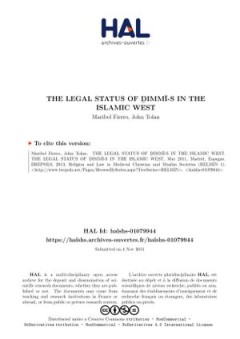
The Legal status of ḏimmī-s in the Islamic West
The first monograph devoted to the legal status of religious minorities status accorded to dimmī-s ( Jews and Christians) in the Muslim law in the medieval Muslim west (the Maghreb and Muslim Spain). The articles in this volume provide numerous examples of the richness and complexity of interreligious relations in Medieval Islam and the reactions of jurists to those relations. The studies brou…
- Edition
- -
- ISBN/ISSN
- 9782503548548
- Collation
- -
- Series Title
- -
- Call Number
- -
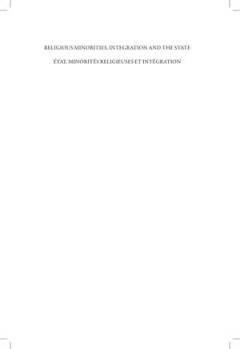
Religious Minorities in Christian, Jewish and Muslim Law (5th - 15th centuries)
The fruit of a sustained and close collaboration between historians, linguists and jurists working on the Christian, Muslim and Jewish societies of the Middle Ages, this book explores the theme of religious coexistence (and the problems it poses) from a resolutely comparative perspective. The authors concentrate on a key aspect of this coexistence: the legal status attributed to Jews and Muslim…
- Edition
- -
- ISBN/ISSN
- 9782503565712
- Collation
- -
- Series Title
- -
- Call Number
- -
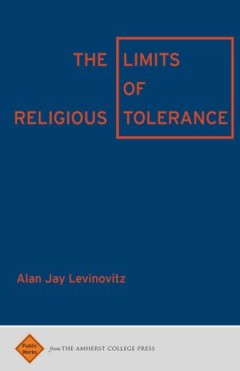
The Limits of Religious Tolerance
Religion’s place in American public life has never been fixed. As new communities have arrived, as old traditions have fractured and reformed, as cultural norms have been shaped by shifting economic structures and the advance of science, and as new faith traditions have expanded the range of religious confessions within America’s religious landscape, the claims posited by religious faiths�…
- Edition
- -
- ISBN/ISSN
- 9781943208050
- Collation
- -
- Series Title
- -
- Call Number
- -
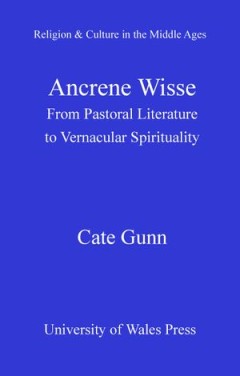
Ancrene Wisse
Provides an introduction to "Ancrene Wisse", one of the most important works in English of the thirteenth century. This book offers a fresh contextualisation which engages with the history of lay piety and vernacular spirituality in the Middle Ages. This book is innovative in that it provides an introduction to "Ancrene Wisse", one of the most important works in English of the thirteenth centur…
- Edition
- -
- ISBN/ISSN
- 9780708320341
- Collation
- -
- Series Title
- -
- Call Number
- -
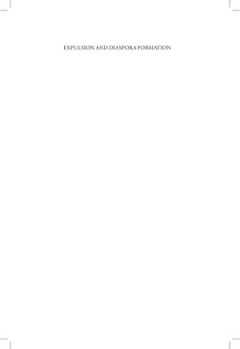
Expulsion and Diaspora Formation
The eleven essays brought together in this volume explore the relations between expulsion, diaspora, and exile between Late Antiquity and the seventeenth century. The essays range from Hellenistic Egypt to seventeenth-century Hungary and involve expulsion and migration of Jews, Muslims and Protestants. The common goal of these essays is to shed light on a certain number of issues: first, to try…
- Edition
- -
- ISBN/ISSN
- 9782503555256
- Collation
- -
- Series Title
- -
- Call Number
- -
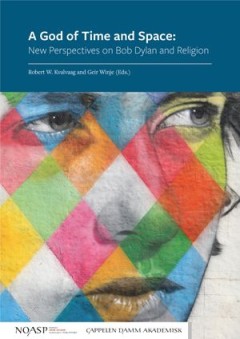
A God of Time and Space
"This book is a collection of essays on Bob Dylan and religion. The eight scientific essays present new perspectives on the subject, aiming to elucidate the role played by religion in Bob Dylan’s artistic output and in the reception history of some of his songs. Few would dispute the fact that religion or religious traditions and the use of religious imagery have always played an important ro…
- Edition
- -
- ISBN/ISSN
- 9788202616540
- Collation
- -
- Series Title
- -
- Call Number
- 808.84 GOD g
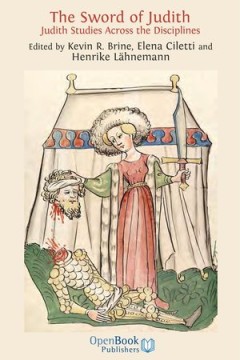
The Sword of Judith Judith Studies Across the Disciplines
The Sword of Judith is the first multidisciplinary collection of essays to discuss representations of Judith throughout the centuries. Bringing together scholars from around the world, it transforms our understanding of Judith’s enduring story across a wide range of disciplines. The book includes sections on Judith in Christian, Jewish and secular textual traditions, as well as representation…
- Edition
- -
- ISBN/ISSN
- 9781906924171
- Collation
- -
- Series Title
- -
- Call Number
- -
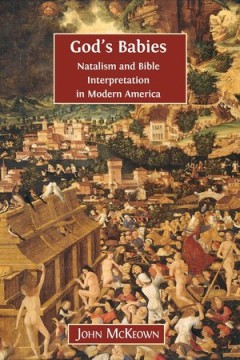
God's Babies Natalism and Bible Interpretation in Modern America
The human population's annual total consumption is not sustainable by one planet. This unprecedented situation calls for a reform of religious cultures that promote a large ideal family size. Many observers assume that Christianity is inevitably part of this problem because it promotes "family values" and statistically, in America and elsewhere, has a higher birthrate than nonreligious people. …
- Edition
- -
- ISBN/ISSN
- 9781783740543
- Collation
- -
- Series Title
- -
- Call Number
- -
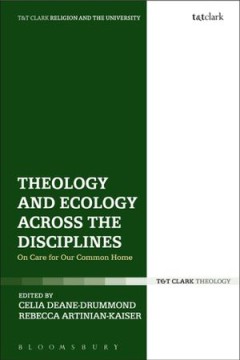
Theology and Ecology across the Disciplines On Care for Our Common Home
The threat of ecological collapse is increasingly becoming a reality for the world's populations, both human and nonhuman; addressing this global challenge requires enormous cultural creativity and demands a diversity of perspectives, especially from the humanities. Theology and Ecology Across the Disciplines draws from a variety of academic disciplines and positions in order to explore the rol…
- Edition
- -
- ISBN/ISSN
- 9780567672759
- Collation
- -
- Series Title
- -
- Call Number
- -
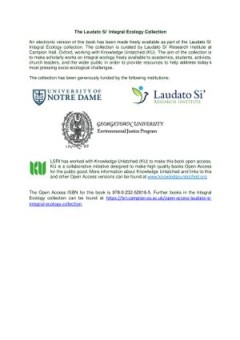
Eco-Theology
Concern for the environment has developed and intensified over the last few decades to the point where it now dominates much of our contemporary political landscape and culture. The rise of religious environmentalism in particular adds its own distinctive voice to the debate, for it seeks to trace both the malaise and a potential solution to environmental understanding. In Eco-Theology, Celia D…
- Edition
- -
- ISBN/ISSN
- 9780232526165
- Collation
- -
- Series Title
- -
- Call Number
- -
 Computer Science, Information & General Works
Computer Science, Information & General Works  Philosophy & Psychology
Philosophy & Psychology  Religion
Religion  Social Sciences
Social Sciences  Language
Language  Pure Science
Pure Science  Applied Sciences
Applied Sciences  Art & Recreation
Art & Recreation  Literature
Literature  History & Geography
History & Geography